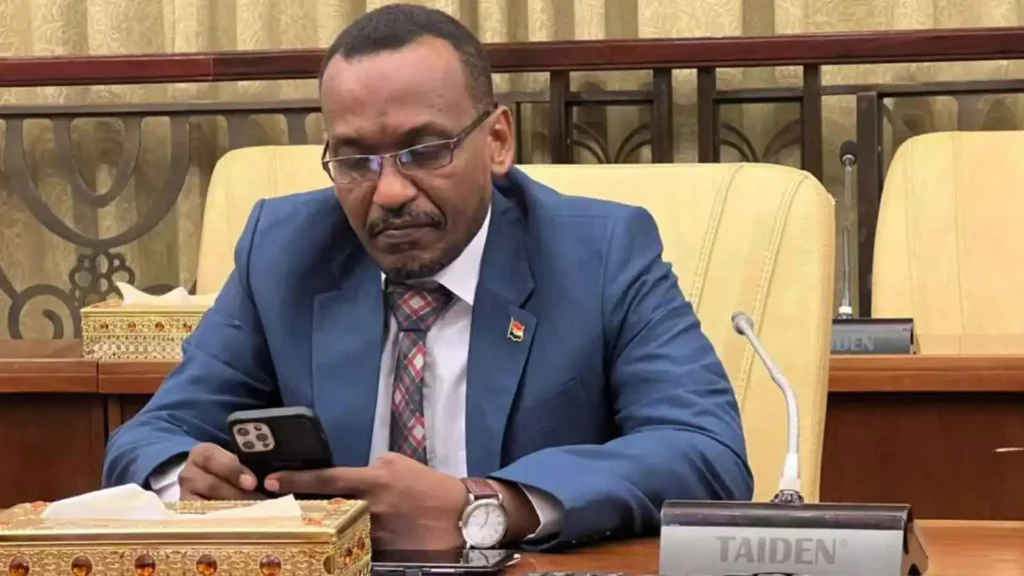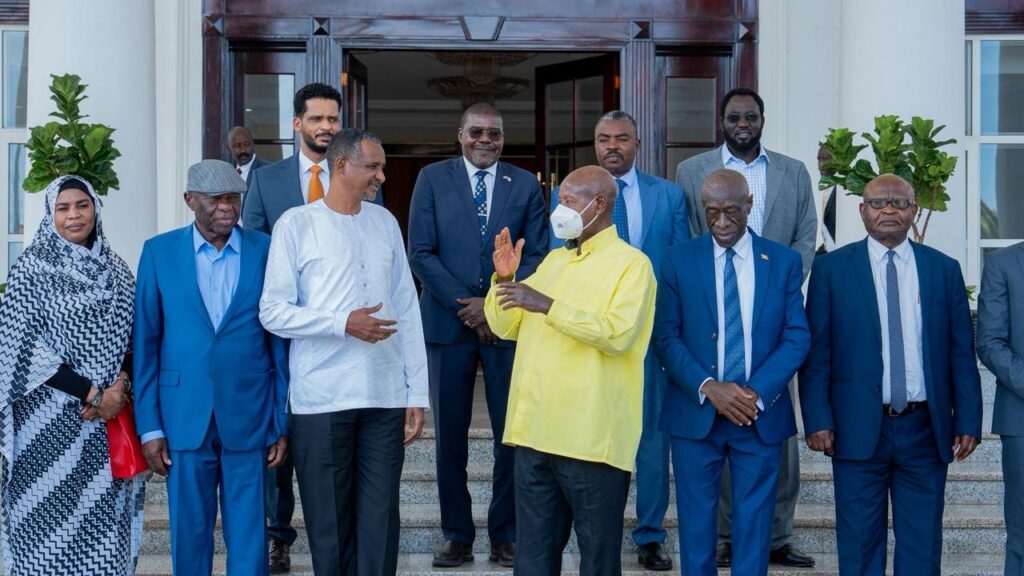
The Sudan Founding Alliance (Tasis) accused the Port Sudan–based junta of escalating wartime abuses by recruiting children and deploying them to front lines, echoing practices used during past conflicts, its spokesperson said.
Dr. Alaa Eldin Awad Nugud told Erem News that Islamist-aligned SAF units and allies tied to the dissolved National Congress Party were drawing minors into combat through coercion, intimidation, financial inducements and religious indoctrination. He cited documented cases from recent battles in Kordofan showing primary-school-age boys among fighters.
Nugud said units associated with the jihadist-styled “Baraa bin Malik” brigades were targeting pupils in primary and middle schools, surrounding them with war-themed chants and imagery. “Even in many elementary-school videos you see children dressed in military uniforms and singing for the SAF to create the illusion that everyone supports the war,” he said.
He alleged recruitment pressure on displaced people, including abuses in camps under the pretext of a “strange faces” law that, he said, had led to executions and forced enlistment. Nugud also criticized education authorities for waiving school fees for students who join what officials call the “Battle of Dignity,” describing it as material enticement and a misuse of schooling to serve the war. He said high fees imposed during the conflict had turned basic services into militia-run levies.
Calling for international scrutiny, Nugud urged political actors, civil society and global organizations to investigate and activate accountability mechanisms against “National Congress militias and their army allies.” He questioned the effectiveness of international justice while figures wanted by the ICC, including Ahmad Harun, appear in SAF-held areas and Abdelrahim Mohamed Hussein has reportedly been freed.
Nugud accused mediators of avoiding clear attribution for ceasefire breakdowns, saying the SAF is “the party sabotaging talks.” He cited the Aug. 20 strike on an aid convoy in Mellit, North Darfur, arguing that statements condemning the attack failed to name the perpetrator.




